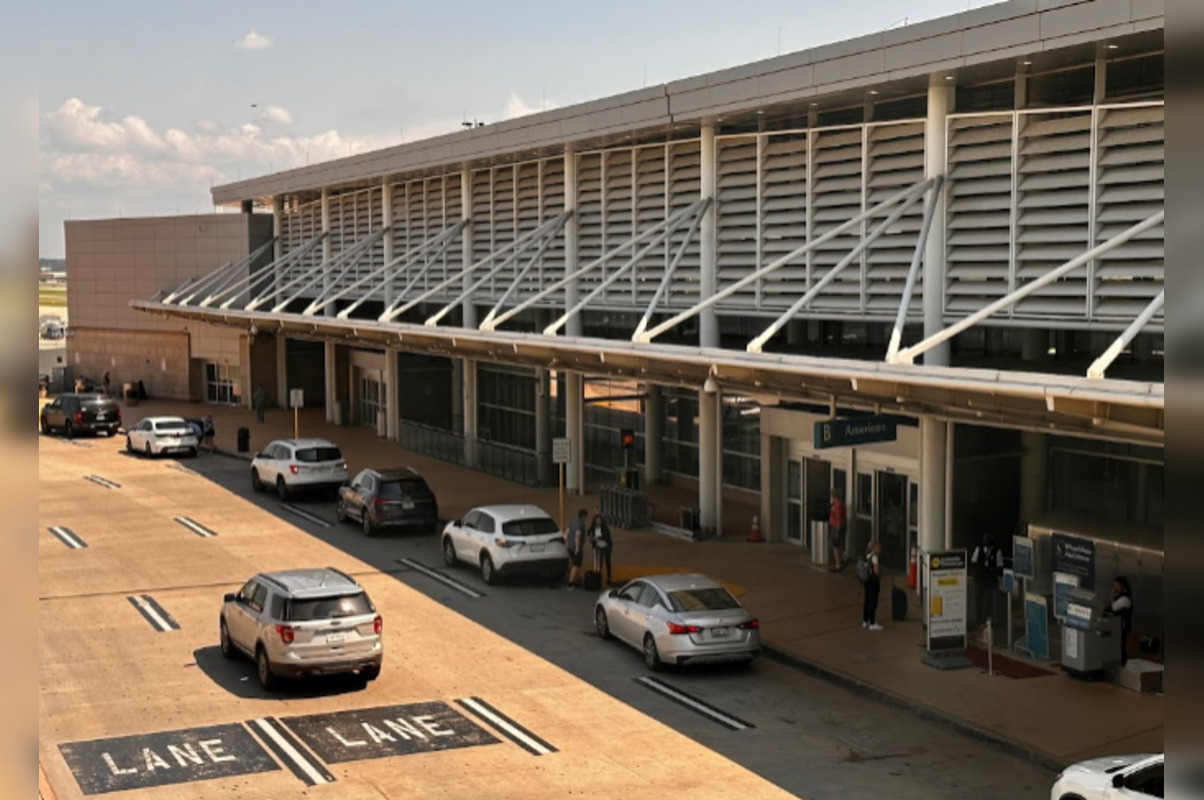San Antonio International Airport Eyes Increased Revenue with SP Plus Parking Privatization Deal
San Antonio International Airport plans to privatize its parking with SP Plus Corporation, aiming to increase convenience and revenue. San Antonio International Airport is set to privatize its parking system, with SP Plus Corporation set to take over for a 10-year contract. The Cleveland-based company aims to increase parking profits from $309 million to $376 million over a decade. The move comes as the airport experiences a record passenger influx, with over 41,600 travelers visiting the airport on March 8. SP Plus will manage parking services across 160 commercial airport systems, including Los Angeles and Boston Logan International Airports. The City plans to initially pay SP Plus $282,000, with the fee expected to rise by 3% each year. The airport's Director of Airports, Jesus Saenz, aims to secure slots for all current employees affected by the outsourcing plan.

Diterbitkan : 4 minggu yang lalu oleh Susan O'Brien di dalam Travel
San Antonio International Airport is gearing to quickly change how its parking system operates, with a pivot to privatization on the horizon. In a report by the San Antonio Report, officials indicated a summer start for SP Plus Corporation to take the reins. This Cleveland-based company, nabbing a 10-year contract, vouched to boost parking profits from $309 million to $376 million over a decade.
Passengers will soon possibly to reserve their airport parking spots ahead of time – a novel convenience that goes hand in hand with an app-based reservation system promised by SP Plus Corporation. SP Plus manages parking services across 160 commercial airport systems, including big-name locales such as Los Angeles and Boston Logan International Airports. "We are one of the last medium-hub airports that has not outsourced or looked at this optimization parking operator condition," Director of Airports Jesus Saenz stated, as reported by the San Antonio Report.
With a nod from the City Council on April 11, SP Plus will overhaul parking operations, tagging along shuttle and valet services plus baggage checking. Ensuring a smooth transition, the City plans to initially pay the firm $282,000 - a fee to escalate by 3% each year. Saenz assured during a council briefing that standard parking fees will stand still and discounts during low usage periods will wield in more bucks, according to the KSAT report.
Under a private operator, a new era of parking at San Antonio International Airport is poised to take flight, with City Council members watching closely to ensure rates stay stable and service steps up. "I am really excited about the technological component of this and really improving convenience in shortening the time people are driving around looking for parking space," Mayor Ron Nirenberg highlighted, as quoted by the San Antonio Report.
City officials explained that private operators like SP Plus harness specialized know-how and scale economies to offer dynamic pricing, a feature currently absent at the airport. While the city could manage reservations and variable rates, leveraging SP Plus's existing infrastructure is expected to be more cost-effective and drive higher efficiencies. As the airport’s most significant source of non-aeronautical revenue, parking brought a cool $31 million last year, with expectations climbing thanks to SP Plus’s strategies to incentivize consistent traveler parking, according to details unveiled by the KSAT interview.
Transition to a private operator comes as the airport rides the tailwinds of a record passenger influx, marked by over 41,600 travelers on March 8. Meanwhile, the airport’s 34-strong parking staff will see change knocking on their door, with opportunities to transfer, retire, or join SP Plus. Despite the looming alterations, Saenz committed to a seamless transition, aiming to secure slots for all current employees affected by the outsourcing plan.
